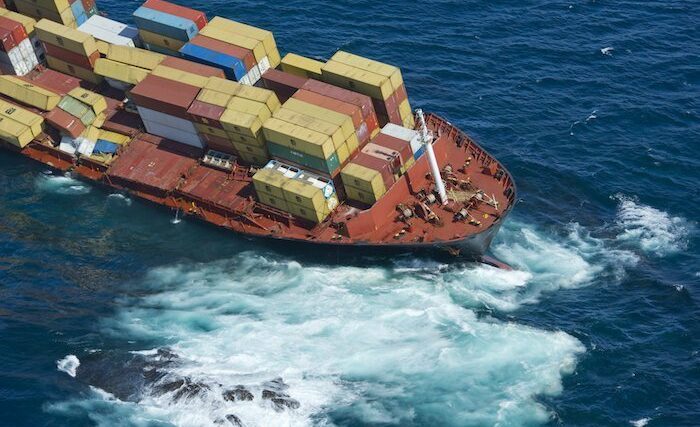Manila: ‘Magna Charta’ of protections for 600,000 Filipino seafarers in force
Signed by President Marcos, the measure aims to strengthen the protection of the rights of workers embarked on ships around the world. The Philippines is the country with the most people employed in this sector. An intervention also made urgent by the multiplication of attacks on commercial shipping in the Indian Ocean and the Red Sea.
Manila (AsiaNews) - With the signing today by President Ferdinand Marcos Jr. of the law known as the Magna Carta of Filipino Seafarers, the country is equipping itself with a more effective and up-to-date instrument to protect a substantial part of its labour migration. The objective is not only the protection of seafarers in the archipelago and abroad, but also the promotion of maritime activities as a means of achieving full employment.
In a message read shortly after the signing in front of members of his government and representatives of the parties involved in the drafting of the document, Marcos pointed out that it was ‘our way of saying to our seafarers that we see you, we hear you and we support you’.
Referring to the measure as ‘very timely’, the Philippine Head of State thanked parliamentarians for having ‘strengthened the rights of seafarers, welcomed their challenges and supported their dreams’.
Among the possibilities proposed by Magna Carta is to finally ensure the coordination of various ministries and agencies: the Higher Education Commission, the Department of Foreign Affairs, the Maritime Industry Authority, the Philippine Coast Guard, the Department of Labour and Employment and the Department of Migrant Workers.
So there will be many to contribute to the development, both professional and numerical, of an employment sector that employs 600,000 people, 400,000 of them abroad, embarked on almost all the seas of the planet. Figures that make it the most consistent international presence in the sector, followed by the Russian, Indonesian, Chinese and Indian ones.
In the light of so many negative episodes of exploitation, abuse or non-recognition of what has been agreed mostly through Philippine government agencies, local and foreign employment agencies, the new law was created to create a network that would strengthen the rights and working conditions of workers and, in parallel, improve their knowledge, preparation and career.
In light of recent and ongoing events - in particular the risk of attacks on commercial shipping in the western Indian Ocean and Red Sea - the intention is to ensure their safety in agreement with all national and international actors involved.
Of a significant step that will allow Filipino seafarers ‘to be able to continue to support their families in their places of origin,’ spoke the President of the Parliament, Martin Romualdez. ‘With this measure,’ he added, “we hope to confirm ourselves as the largest supplier of seafarers in the world,” thus continuing to guarantee an indispensable contribution to remittances from abroad, which are still vital to the archipelago's economy.
17/03/2022 12:16
09/07/2021 17:19
13/06/2020 08:00







.png)










